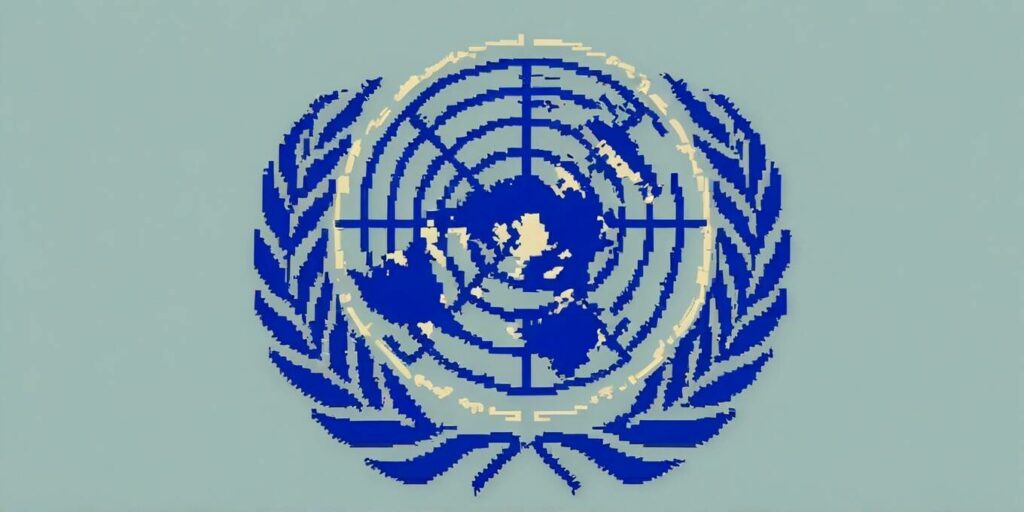Thirty-nine senior figures who have made significant contributions to the online world have written to the United Nations, urging it to reconsider some elements of its Global Digital Compact – an effort to “outline shared principles for an open, free and secure digital future for all.”
The UN wants the Compact because – as explained in a background note [PDF] – digital technologies have enormous promise to improve society, but when misused can “fuel divisions within and between countries, increase insecurity, undermine human rights, and exacerbate inequality.”
The UN wants an international agreement to address issues like “reaffirming the fundamental commitment to connecting the unconnected; avoiding fragmentation of the internet; providing people with options as to how their data is used; application of human rights online; and promoting a trustworthy internet by introducing accountability criteria for discrimination and misleading content.”
Draft Compacts emerged in April, May, and June of 2024. The most recent edition, Revision 2, can be found here [PDF].
The document has not gone down well with the technical community. As we repoted in August 2023, internet governance organizations have expressed concern that they were not offered a seat at the table – when discussions about the Compact were framed as involving the private sector, governments, and civil society groups.
Now, 39 internet luminaries – folks like world wide web inventor Tim Berners-Lee, TCP/IP co-creator Vint Cerf, W3C technical director Chris Lilley, and senior officers of the Internet Architecture Board, Internet Engineering Steering Group, Internet Engineering Task Force and the Internet Society – have raised their own objections to the Compact.
In an Open Letter published Monday, the 39 signatories argue that the Compact “can be read to mandate more centralized governance.”
UN telecom watchdog wags finger at Russia for satellite interference
European Parliament votes to screw repair rights in consumer toolkits
UN unanimously adopts ambitious AI resolution, sans teeth
UN: E-waste is growing 5x faster than it can be recycled
The signatories believe that’s possible because, as regulators around the world try to address the harms digital technologies can create, they “address issues on the internet and Web by attempting to insert a hierarchical model of governance over technical matters.”
The signatories worry such efforts “represent an erosion of the basic architecture” of the internet.
The letter also laments that the Compact is being developed “in a multilateral process between states, with very limited application of the open, inclusive and consensus-driven methods by which the internet and Web have been developed to date.”
“Beyond some high-level consultations, non-government stakeholders (including internet technical standards bodies and the broader technical community) have had only weak ways to participate in the GDC process,” the letter argues, adding that the signatories are “concerned that the document will be largely a creation only of governments, disconnected from the internet and the Web as people all over the world currently experience them.”
The letter concludes with a call for UN member states – plus the org’s secretary-general and tech envoy – to “seek to ensure that proposals for digital governance remain consistent with the enormously successful multi-stakeholder internet governance practice that have brought us the internet of today.”
The authors concede that government engagement in digital and internet governance is needed – to deal with the many abuses of this global system.
But they conclude: “It is our common responsibility to uphold the bottom-up, collaborative and inclusive model of internet governance that has served the world for the past half century.” ®
>>> Read full article>>>
Copyright for syndicated content belongs to the linked Source : The Register – https://go.theregister.com/feed/www.theregister.com/2024/07/03/un_digital_compact_technical_pushback/
